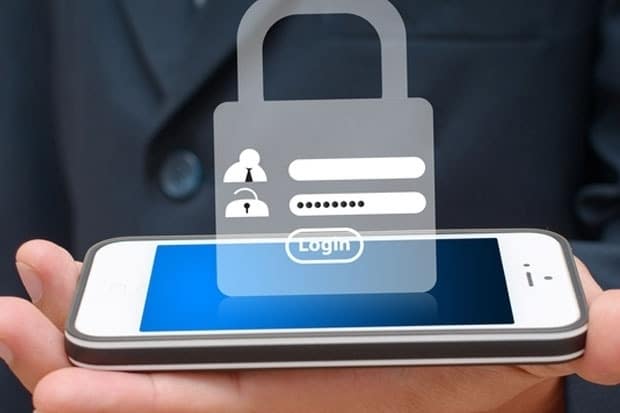Rio Olympics Cyber Scams, Hacking Election Polls: This Week’s Top Mobile News, Security Edition
A Rio Olympics mobile travel advisory is in effect.
Travelers to the 2016 Olympic Games in Rio de Janeiro, be on the lookout for free Wi-Fi network scams and malicious apps. Mobile security company Skycure identified fake Wi-Fi networks in Rio and fake Olympics apps that are ready to steal your data. Read about it at Slate.
Cybercriminals now want your health records.
What’s worth more than stolen credit card information? Stolen social security numbers from health records. In 2015, more than 100 million health records were compromised, and most came from just three attacks, reports The Boston Globe.
That’s one reason the healthcare industry, now a huge target for cybercriminals, is embracing a new technology, called the digital workspace. Enterprise-grade security and centralized control over data give healthcare IT a huge advantage to combat the growing threats. Learn more at Computerworld.
Could your vote get hacked?
Cybersecurity experts warn that ballots submitted electronically in the upcoming presidential election could be tampered with by hackers. Experts say voters can use email and web portals with poor security in the 31 states that allow absentee ballots to be returned online. MIT Technology Review has more details.
Big banks are forming a security squad.
Last year, financial services IT spent $459 billion globally, and 80% of that was spent on compliance, security, risk, infrastructure and data, according to our newest infographic. Now, eight huge U.S. banks plan to collaborate on security and exchange threat data in order to form a greater, united defense against cyberattacks. Find out more in The Wall Street Journal.
Cars, drones, bots—Black Hat 2016 proved hackers can use it all against you.
A hub for all things scary security threats, the Black Hat conference just wrapped up a week of showcasing advances in threat detection and major vulnerabilities. From Apple’s bug bounty program to a man-in-the-middle attack on 35,000 devices at the event, PCMag.com rounds up “The Good and the Terrifying Things at Black Hat 2016.”
Samsung one-ups fingerprint authentication.
The new Samsung Galaxy Note7 smartphone strengthens security down to the core (literally, Knox 2.7 security better fends off kernel attacks) and enables you to scan your iris to unlock the Knox container.



